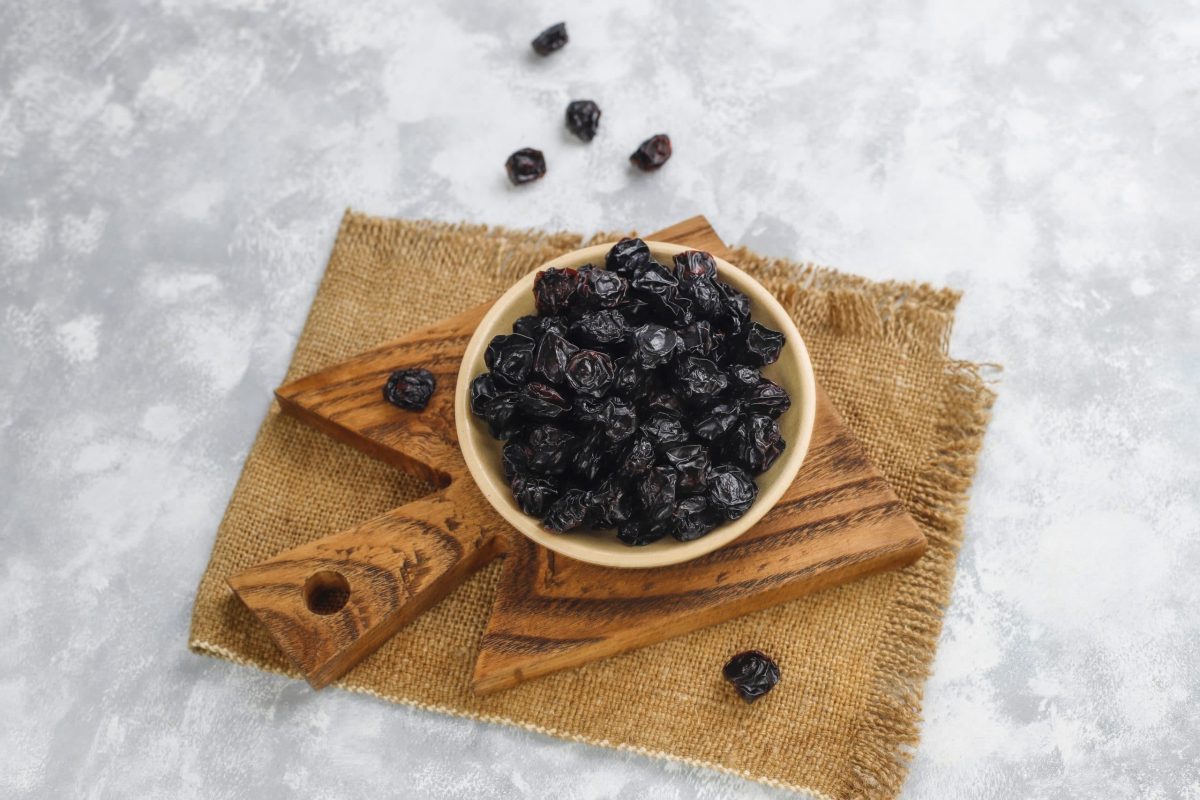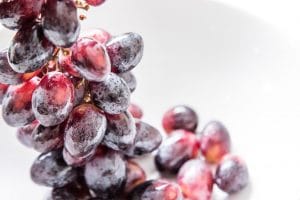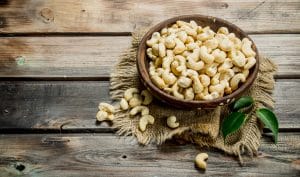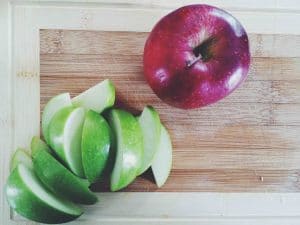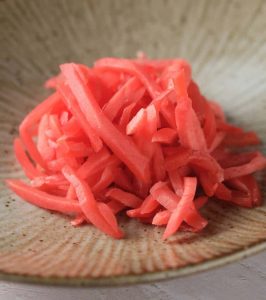Are Raisins Low FODMAP?
Important Note: When you buy through our links, we may earn a commission. As an Amazon Associate we earn from qualifying purchases. Content, pricing, offers and availability are subject to change at any time - more info.
Raisins, or kish mish as they are popularly known in south Asian culture where they are consumed in abundance, are undeniably high in calories, considering that they are sourced from grapes, themselves a high sugar fruit. But are they on the home team when it comes to a FODMAP diet?
Raisins are considered low FODMAP and safe for the majority struggling with IBS (irritable bowel syndrome) as long as your daily intake does not exceed a half ounce serving. That’s roughly a single tablespoon. Anything higher will contain unacceptably high amounts of Oligo-fructans.
Raisins come in a range of colors, from yellow to black. This is not a result of the type or color of grapes used; rather, it has more to do with different processing methods. Nutritionally speaking, they are very similar. The differences in their nutritional properties can be considered negligible. Also, their levels of Oligo-fructans are similar.
- Should Raisins Be On The FODMAP Safe List?
- Health Benefits
- Health Challenges
- Controlling Your Raisin Intake During A FODMAP Diet
- Are Golden Raisins Or Sultanas Low FODMAP?
- Are Currants Low FODMAP?
- So, Are Raisins Low FODMAP?
Should Raisins Be On The FODMAP Safe List?
Raisins are either loved or hated. Few people would be considered ambivalent in their attitude towards raisins. Similarly, the nutritional health benefits of consuming raisins versus the risks are not the same for everyone.
Health Benefits
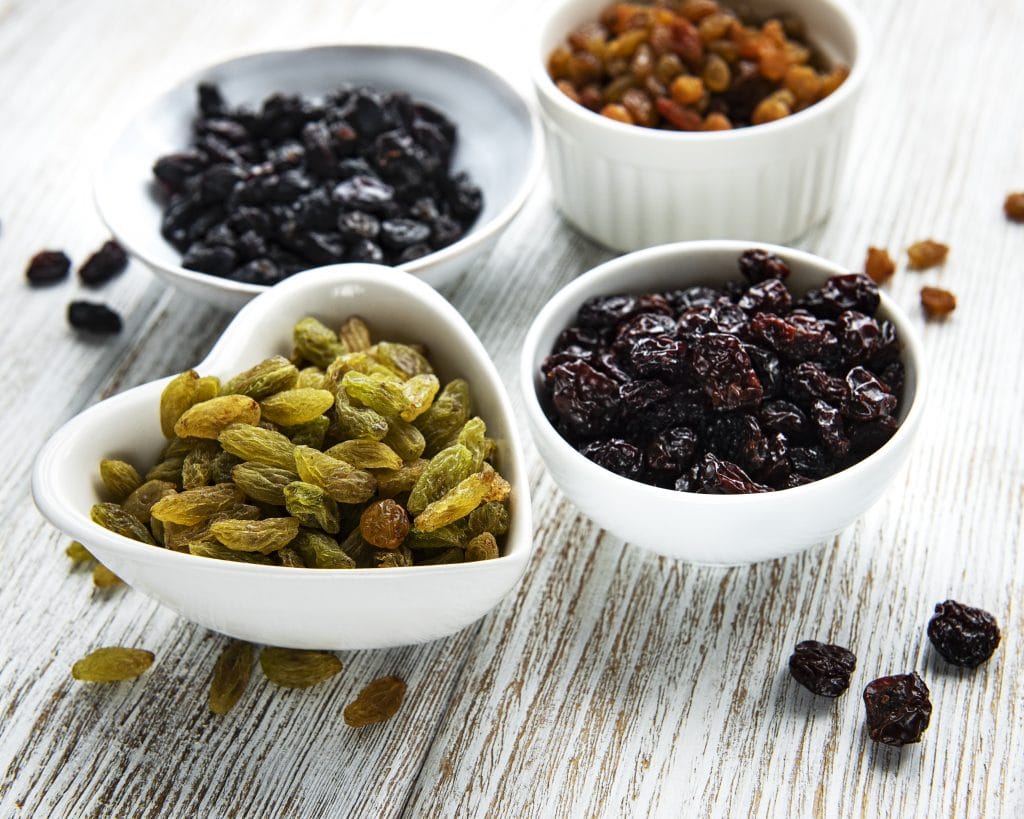
Raisins are very high in iron, which aids in treating anemia. Anyone who opts for a vegetarian or vegan diet and therefore loses out on the high iron content of red meat and poultry would potentially benefit from the consumption of raisins.
Although raisins are high in sugar and carbohydrates, they are naturally sweet and high in fiber. If consumed in moderation, they will help you feel full for longer, promoting natural weight loss.
Raisins are antioxidant-rich, which benefits us in many ways, including our eyesight. Free radicals that cause harm to our vision and lead to eye muscle degeneration are countered by the phytonutrients present in raisins leading to better eye health.
The high calcium content of raisins increases bone density which strengthens the bones and helps in the fight against degenerative bone conditions such as arthritis and gout.
Raisins help regulate your PH or acidity levels by flushing out fluids and toxins due to their high potassium and magnesium content. The vitamins and minerals in raisins also contain anti-inflammatory and anti-bacterial properties that help ward off infections and illnesses.
Health Challenges
Unfortunately, it’s not all sunshine and roses. While the high fiber content of raisins has a laxative effect for those suffering from constipation and helps keep bowel movement regular, which are both desirable in aiding digestion, too much fiber can reverse any benefit, causing gastrointestinal upset, which can present as excessive gas, bloating or cramps.
Fructans, including the Oligo-fructan variety, are sugars present in foods such as garlic, onions, wheat, beans, watermelon, and, unfortunately, also raisins. These Oligo-fructans are listed under the FODMAP carbohydrate group.
The human digestive system has limited ability to break down the fructan molecules and release glucose and fructose. Only 5% to 15% of fructans are absorbed in the small intestine.
The rest pass into the colon or large intestine, fermented by healthy gut bacteria. In some people, this is a cause of pain and discomfort brought on by symptoms such as bloating and diarrhea. The causes of fructan intolerance are not well understood.
Controlling Your Raisin Intake During A FODMAP Diet
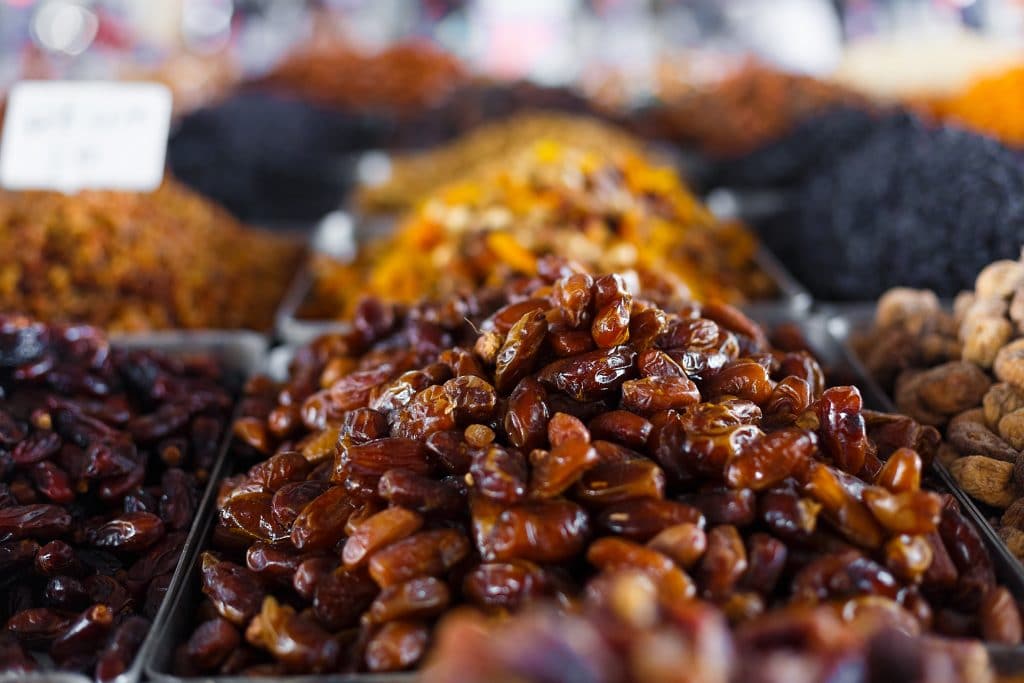
According to the US Dept of Agriculture website chooseMyPlate.gov, on average, moderately active women can safely eat 1.5 cups of raisins a day while men can consume 2 cups. Although this is the recommended maximum serving size for a healthy adult on a calorie-controlled diet, this is not the case for someone with IBS and on a FODMAP restricted diet.
Raisins are typically found in almost every dish, whether sweet or savory, from breakfast cereals such as instant oats or muesli to cookies and cakes and even savory meat dishes such as sweet pork creations or salads like classic Waldorf. They can therefore be well hidden and sometimes difficult to avoid.
A word of caution when consciously trying to avoid raisins. Some recipes allow for raisin substitutes, such as dried prunes or apricots. Both contain sorbitol and fructans, and even in small quantities, these may present an even greater challenge for someone on a FODMAP diet. Prunes are even higher up on the FODMAP list than raisins. Black Currants, however, are low on the FODMAP list and a good substitute for raisins.
Are Golden Raisins Or Sultanas Low FODMAP?
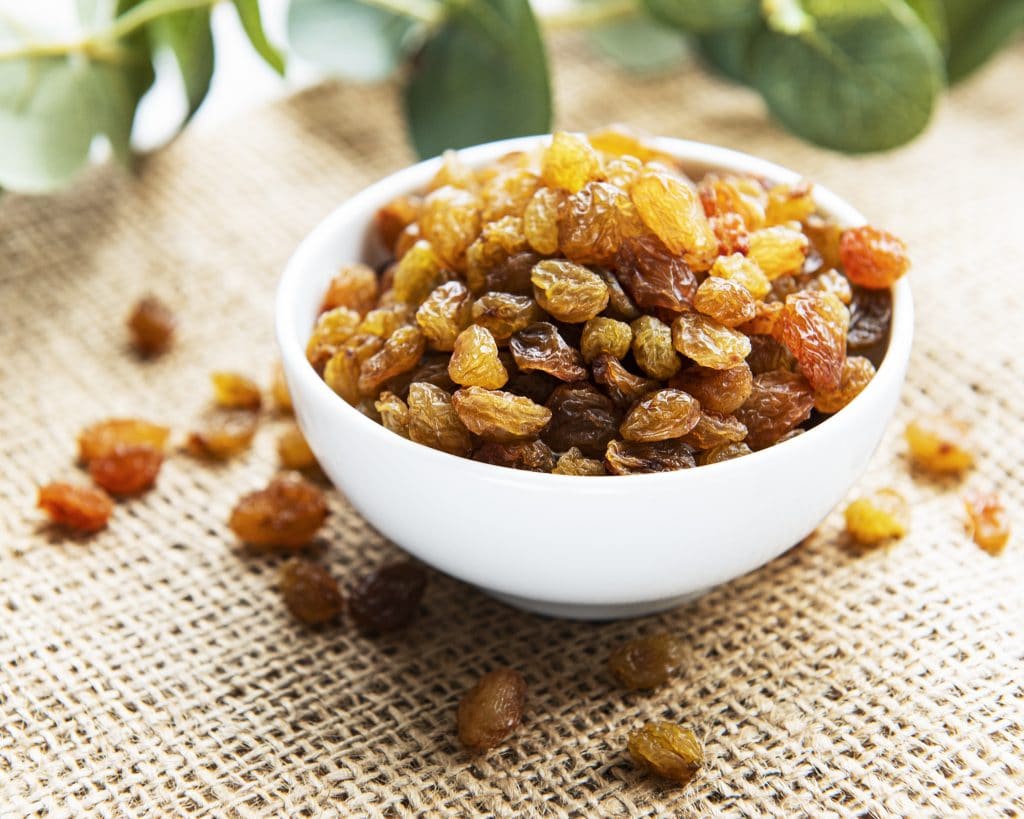
Sultanas are often referred to as golden raisins; they are produced from various white-fleshed grape cultivars, predominantly from Thompson Seedless grapes.
They have a subtle yellow color at the beginning of the curing process. However, sultanas don’t become a darker color when they are dried out like normal raisins. Sultanas are sweeter and smaller than raisins and can easily absorb liquids.
They take a long time to dry out; therefore, they are normally coated in an oily solution before the curing process, resulting in excessive Oligo-fructans levels.
So, avoid Sultanas if you are on a low FODMAP diet as their sugar or Oligo-fructans contents are far too high.
Are Currants Low FODMAP?
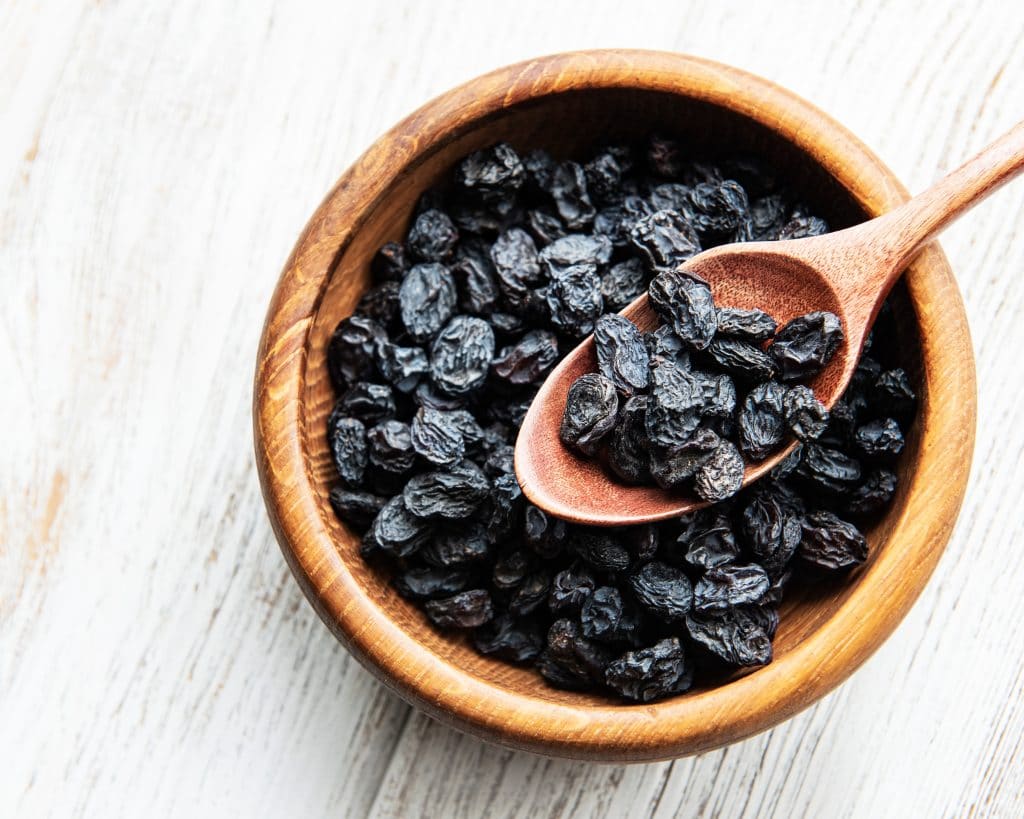
Zante currants, as they are commonly known, are minute-dried grapes.
They are produced from a wide variety of tiny, seedless grapes ranging from Carina to the Black Corinth cultivars that are typically cured or dried over the span of three weeks.
Currants are used in a wide variety of sweet or savory dishes due to their intense sweet-tangy depth of flavor and chewy texture.
Like raisins or any dried fruit — currants may be enjoyed as part of a low FODMAP diet in limited quantities due to their high Oligo-fructans properties.
So, Are Raisins Low FODMAP?
Controlling your consumption of raisins in their natural environment is easy. With a little caution and by paying close attention to what ingredients go into preparing your meal, you can avoid the pitfalls of ignoring an IBS-friendly FODMAP restricted diet. However, it does not mean that you cannot enjoy your odd helping of raisins, but moderation is key, like almost everything else in life.
